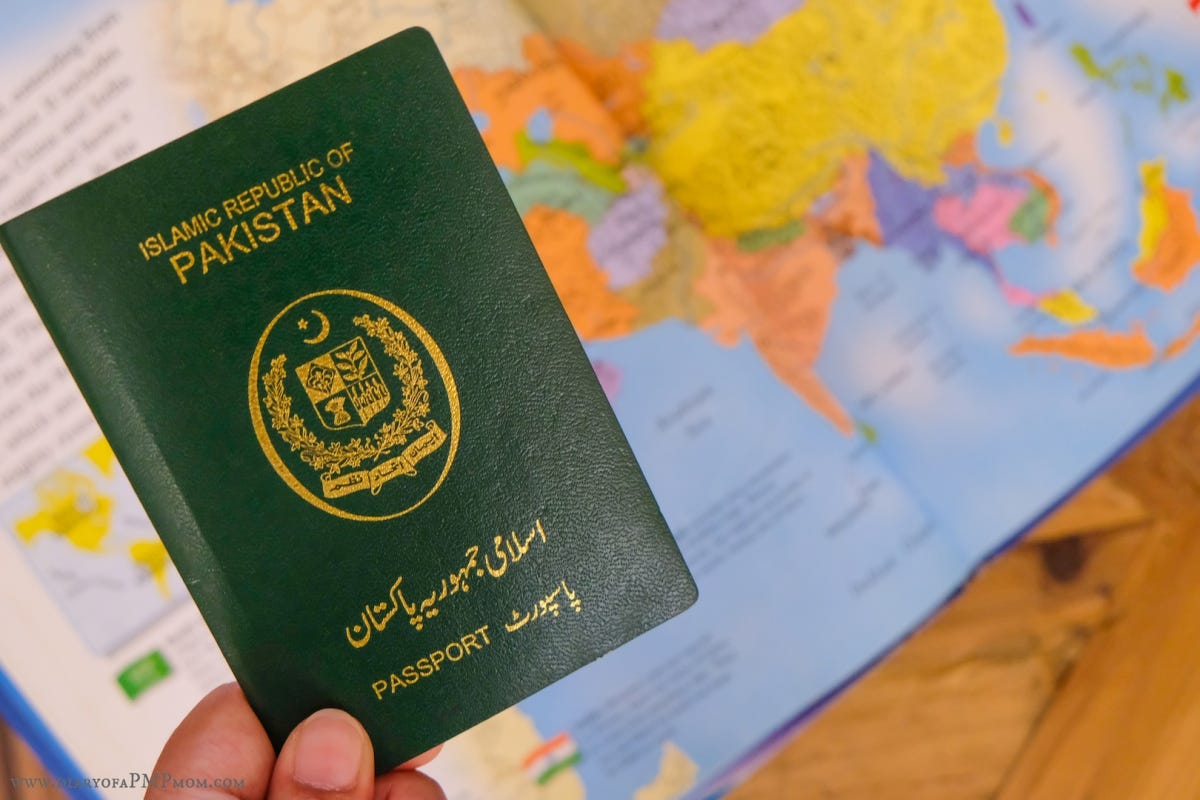Pakistani authorities have begun the process of cancelling the passports of nearly 8,000 citizens deported from various countries for involvement in begging and other unlawful activities abroad.
Officials revealed during a Senate committee hearing that 7,873 individuals are currently being placed on the Passport Control List (PCL), which bars them from receiving new travel documents or renewing existing ones.
Data presented by the Ministry of Interior and the Federal Investigation Agency (FIA) indicated that more than 5,600 of the deportees were expelled from Saudi Arabia, Oman, and Qatar between 2019 and 2025. Many had reportedly been part of organized begging syndicates, raising alarm over the international impact on Pakistan’s image.
The update was shared during a session of the Senate Standing Committee on Overseas Pakistanis and Human Resource Development, chaired by Senator Zeeshan Khanzada. Lawmakers called for accountability from 691 licensed Overseas Employment Promoters (OEPs) linked to 1,460 of the deported individuals. Show-cause notices have been issued to the implicated agencies, and legal action is being considered.
Senator Zamir Hussain Ghumro expressed concern over the reputational damage such cases bring, while Senator Shahadat Awan questioned the legal basis for revoking passports based on offenses committed abroad.
Mustafa Jamal Kazi, Director General of Passport and Immigration, highlighted a surge in Pakistani nationals overstaying their visas, particularly among religious pilgrims. In 2024 alone, nearly 84,000 Pakistanis were deported from Iran and Iraq combined.
Kazi also noted an alarming rise in asylum applications from Pakistanis in Europe, with about 125,000 claims filed in the past year—often citing poverty and instability.
Despite these challenges, officials emphasized that over 10 million skilled Pakistani workers are employed overseas, continuing to bolster the country’s economy through remittances and professional contributions.






